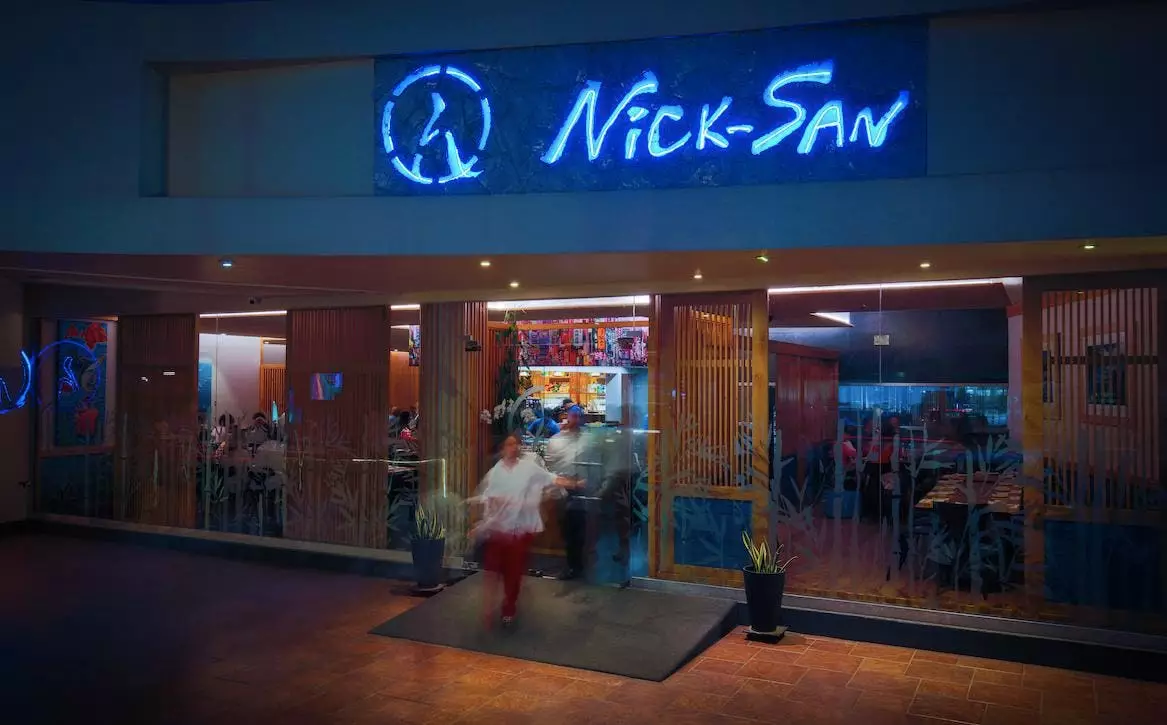The rich and diverse cuisine of Mexico is a fascinating blend of indigenous traditions and foreign influences. At its core, Mexican cuisine is rooted in the ancient practices of Mesoamerican civilizations who domesticated staples like corn, beans, avocados, tomatoes, and chilies. The technique of nixtamalization, which involves soaking and cooking grains in an alkaline solution, was developed by these early inhabitants, paving the way for a variety of traditional dishes.
Spanish colonization brought about significant changes to Mexican cuisine by introducing European livestock, rice, wheat, and cooking techniques like frying. This fusion of native and Spanish ingredients resulted in iconic dishes such as tacos al pastor and enchiladas. The brief French intervention in Mexico in the 1860s also left its mark, influencing dishes like chiles en nogada and empanadas.
Situated at the southern end of the Baja California peninsula, Los Cabos is a melting pot of culinary influences. Even traditional foods like chocolate clams, smoked marlin, comida de pobres, and tamales have been shaped by outside techniques and flavors. The region’s culinary landscape reflects a continuous exchange of ideas and ingredients from around the world.
One prime example of culinary fusion in Los Cabos is the combination of Japanese and Mexican flavors at Nicksan, the first Mexican-Japanese fusion restaurant in the area. Chef Angel Carbaja, who co-founded Nicksan with Masayuki Niikura in the 1990s, showcased the successful blend of east and west coast culinary traditions. The restaurant’s menu features innovative dishes like tempura oysters, curry yaki, bluefin tuna sashimi, and beef filet serranito.
The Philosophy of Fusion Cuisine
Chef Angel Carbaja’s admiration for Japanese culture and culinary practices plays a significant role in shaping his approach to cuisine. He values the Japanese emphasis on honor, respect, and meticulous attention to detail, which is reflected in the way he treats ingredients and prepares dishes. Carbaja’s deep connection to the ocean, stemming from his love for fishing, informs his culinary creations and the overall ambiance of Nicksan.
In running a successful restaurant like Nicksan, Carbaja emphasizes the importance of teamwork, quality control, and customer satisfaction. By creating a supportive and efficient work environment, he ensures that his team delivers exceptional service and maintains the high standards of the establishment. Carbaja’s commitment to continuous improvement and community collaboration underscores his dedication to the culinary scene in Los Cabos.
Looking ahead, Chef Angel Carbaja is optimistic about the future of Los Cabos as a culinary destination. By fostering collaboration and innovation within the community, he envisions continued growth and development in the region’s food industry. As global influences continue to shape the local culinary landscape, Los Cabos will remain a vibrant hub of creative fusion cuisine that celebrates diversity and creativity.
The fusion of Japanese and Mexican flavors in Los Cabos exemplifies the dynamic and ever-evolving nature of global cuisine. Through the creative blending of ingredients, techniques, and cultural influences, chefs like Angel Carbaja are revolutionizing the culinary scene and creating unique dining experiences for locals and tourists alike. As the world becomes increasingly interconnected, the fusion of diverse culinary traditions offers a delightful glimpse into the multicultural tapestry of our society.

